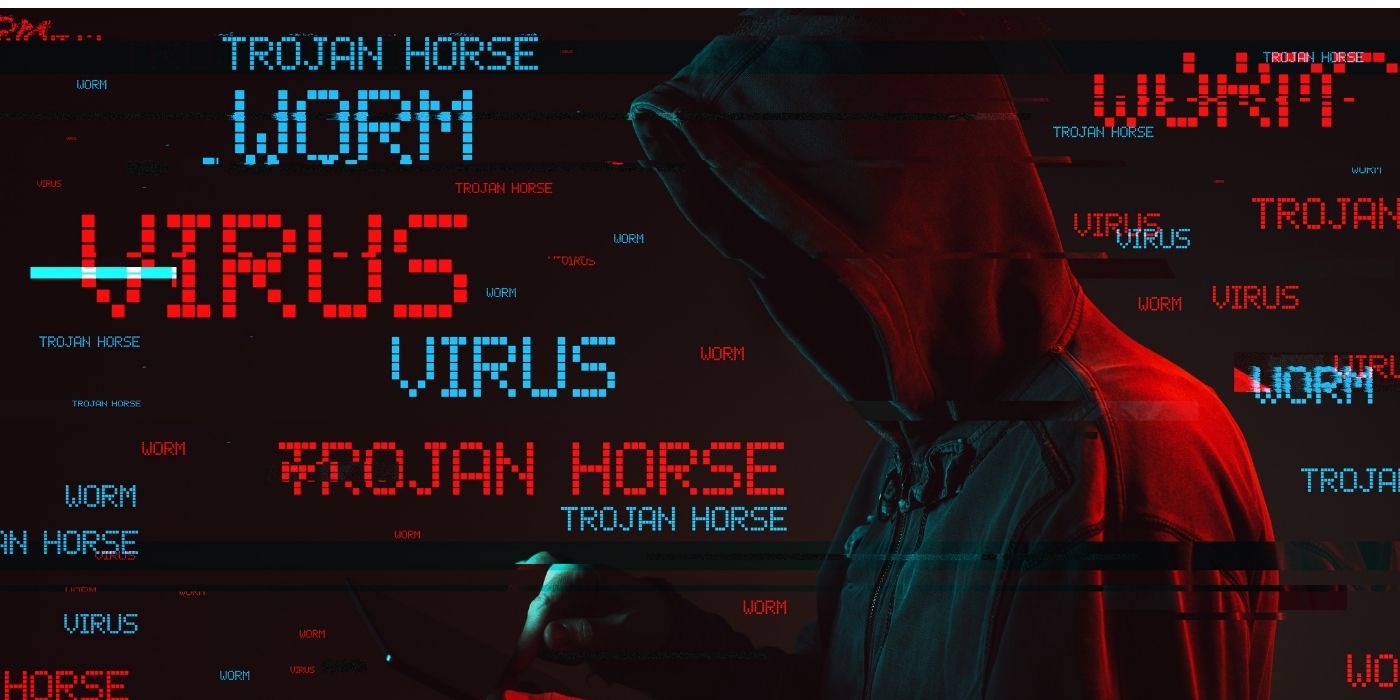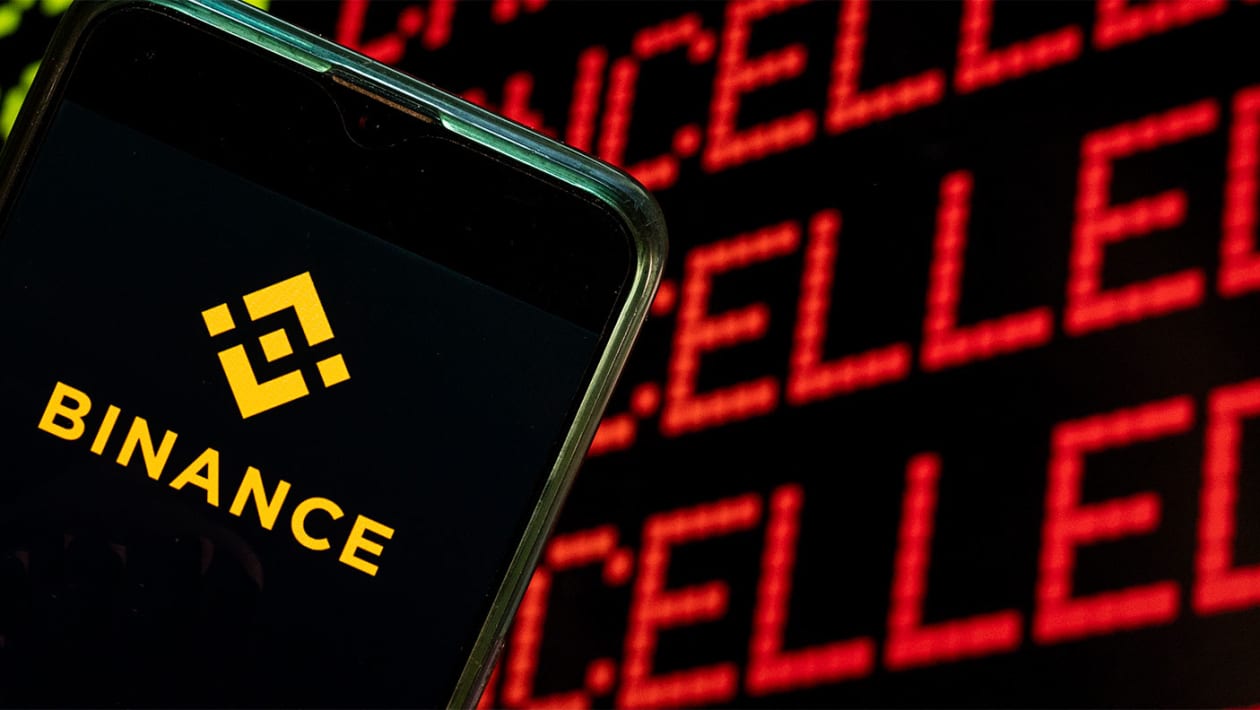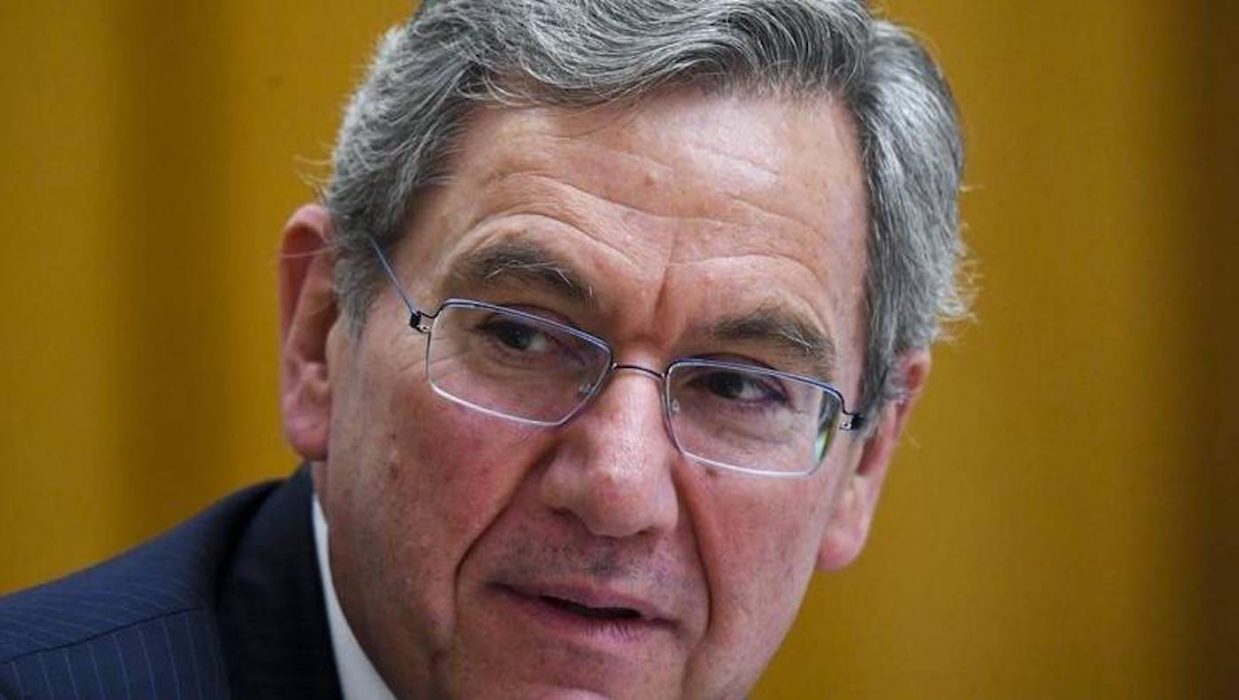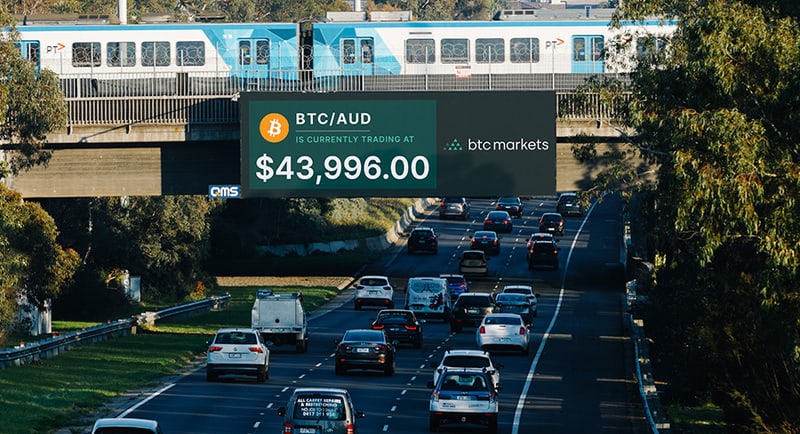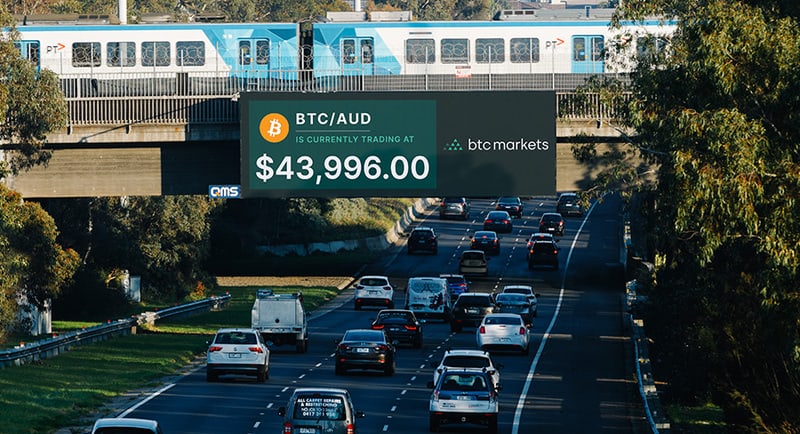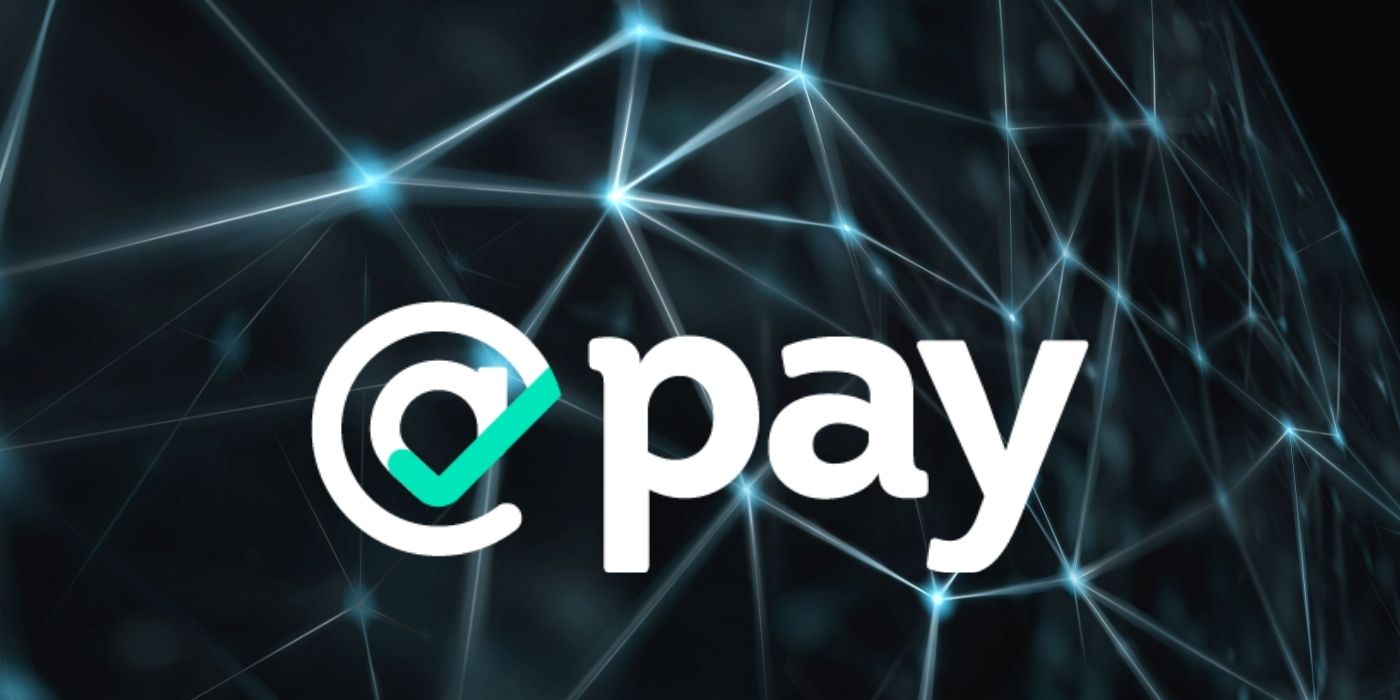Bitcoin Satoshi Vision (BSV) suffered another 51% attack on August 3, around 11:46 am Eastern Time Zone, as confirmed by analytics provider Coin Metrics.
The attack resulted in a catastrophic event for the network, which already had gained a bad reputation in the crypto space. An unidentified group reportedly reorganised over 100 blocks, creating three versions of the chain and mining them simultaneously.
Coin Metrics confirmed the attack after Lucas Nuzzi, an active member of the crypto community on Twitter, shared the news:
The attack continued for 12 hours, and was ongoing at press time. At first it was reported that 14 blocks were reorganised, but that number now amounts to over 100, according to Nikita Zhavoronkov. The BSV price – which was already in a downtrend – lost 7 percent in the last 24 hours, reaching lows of US$133.
Bitcoin Association Responds
The Bitcoin Association responded by recommending node operators to “mark the fraudulent chain as invalid”, which, according to the association, will return their nodes to the “chain supported by honest miners”.
However, some people were not convinced:
This attack further stains the image of BSV, created and promoted by Australian programmer Craig Wright. The protocol was originally intended to be an immutable ledger that would overcome Bitcoin’s original protocol limitations.
However, several exchanges have been delisting BSV in response to the continuous 51 percent network attacks.



